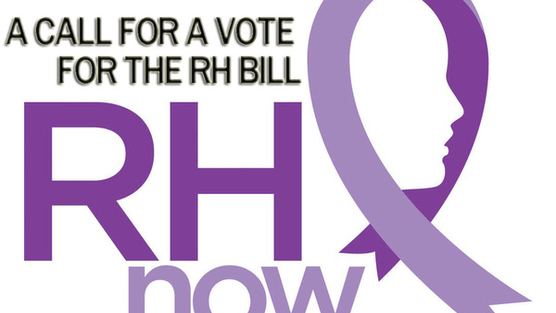In the previous reports, the green tea’s benefits focused so far on preventing cancer. Today we are moving on to other amazing abilities of this marvelous herbal. Let’s take a look at the evidence around how green tea could enhance your heart’s health.
Drinking green tea may improve your cardiovascular health in many ways. Let’s break it down into four parts:
1. Green tea lowers cholesterol: In China a study was conducted involving 220 men and women with mild to moderate high cholesterol were selectedly administered with a daily capsule containing green tea extract or placebo for a total of 12 weeks. In those participants treated with the green tea extract, total and LDL or bad cholesterol were considerably lowered by 11.3% and 16%, respectively, as compared to the placebo-treated group that showed no change.
2. The herbal drink reduces risk of death from coronary heart disease: In a Japanese study there were 8,522 men and women participants and were monitored for 12 years. Those men who drank 10 cups of green tea per day experienced a 58% reduction in the risk of death from coronary heart disease in contrast to those who drank only three cups a day.
3. Green tea lowers blood pressure: Again in a Japanese study, there were 240 obese individuals involved and were given green tea containing 583 mg of catechins, the main ingredient in green tea or placebo. The group treated with green tea, there was a lowering of systolic blood pressure, as compared to the placebo group. What is more, the green-tea-treated group had a dropped in body fat as well as LDL cholesterol.
4. Finally, it prevents strokes: In a Japanese study that used 4,200 men and women who died of cardiovascular diseases or cancers, drinking green tea was inversely associated with death due to all causes, except cancer, and due to heart disease specifically. This protective result showed more in women than men. The strongest inverse association was noted in those with stroke. In contrast to women who drank less than one cup of green tea a day, those who drank six or more cups a day had a 42% lower risk of dying from stroke.

